“I was a paranoid wreck. I couldn’t stay there by myself at night anymore… Every time I heard a gate close or a gate rattle, I would jump out of bed with a flashlight”
Cuenca scopolamine victim
You’re not going to like reading this story. I didn’t like writing it. But, it’s a story that you should hear. There’s something sickening about losing control over your own body that rocks us to the core. We place such a huge premium on our personal autonomy that it’s hard to reconcile our emotions when it’s taken away – even temporarily.
That’s what Devil’s Breath or scopolamine does. It’s a drug used by robbers & other criminals to incapacitate their victims whilst also causing memory loss. But, perhaps the scariest element of this drug is its ability to put victims into a ‘zombie-like’ state. The victim thinks they are in a dream, but to outsiders, the victim behaves close enough to normal that it doesn’t raise any alarm bells.
This basically puts the victim at the complete mercy of the criminal. Some common ploys include marching them to the ATM to wipe out the account and/or stealing all belongings from their house.

Wait, isn’t Devil’s Breath a myth?
Oh, it is very real. We can argue around some of the wilder claims that might be prone to exaggeration such as using business cards to administer the drug through the skin. But, it’s a very well recognized threat in Colombia, with unofficial estimates of 50,000 scopolamine incidents each year.
Hard data is difficult to come by. Made even more difficult by the nature of the attacks; memory loss in the victim & there can also be elements of shame & social stigma that prevent some victims from getting help.
I don’t have any numbers on how prevalent the threat is in Ecuador. But, it’s a big enough threat for the UK Government to issue the following travel advice for Ecuador:
“Criminals often use drugs to subdue victims. Homemade versions of the drug ‘scopolamine’ leave victims in a subdued, compliant state and cause amnesia. Be wary if you’re approached by a stranger offering you food, drinks, leaflets, perfume samples, telephone cards or cigarettes, no matter how friendly or well-dressed they appear.“
It seems that every few months I read about a devil’s breath or ‘sweet dreams’ story in Ecuador. They are mostly centered around Guayaquil, Montanita & Quito, and to a lesser extent in Cuenca too.
Here’s one from 2 weeks ago where a woman in Cuenca was reported drugged with scopolamine and found in another part of the city.
Bottom line is that it does happen and sometimes the victims are expats.
Yes, sometimes the victims are expats
This can be a taboo subject that touches on the NIMBY phenomenon. Nobody wants to recognize this type of threat exists in their own backyard. Given how prevalent the drug is in Colombia, do you really think Ecuador would be immune? Ecuador is a recognized drug transit country for drugs produced in Colombia to make their way to the US & Europe.
“I have no idea what happened or how I got drugged“
The following is taken from an interview I conducted with an ex-resident of Cuenca. This person didn’t want to be identified, so I’m going to call him “George”. It’s a very personal recount and I have no reason to question the validity of their claim (but haven’t been able to cross-reference it). It occurred at the start of COVID in 2020.
It’s actually a story with two distinct victims. George was the second victim. The 1st victim was George’s housesitter.
We don’t know exactly what happened to the housesitter. The most likely version of events is that their drink was spiked at what was a well-known bar in the El Vergel area of Cuenca before being robbed. Amongst other valuables, the perpetrators took the housesitter’s keys and presumably were able to obtain the neighborhood the housesitter was staying in.
It later emerged that the housesitter needed to break a window to re-enter the house & was able to get another key made without the consent of the owner, George.
“I don’t know if they came in[to] my house when I was sleeping or if they were like waiting in my yard or my house.“
One month after George returned from his overseas trip, his first recollection of the incident was being in a ‘dreamlike world’ where he was able to hear two people in his house. He doesn’t recall them being a threat at this time. George’s concern was his poor manners;
“I thought to myself I was making dinner that night. And I remember thinking that I needed to be tidy because other people are here now.“
But, this slowly turned more sinister;
“Then I kind of had this vision that they told me that the house was theirs and everything in it was theirs. Now I remember thinking to myself, oh, you know, my wife’s not going to like that very much.“
The penny clearly hadn’t fully dropped that George was in danger. His ability to reason was compromised.
George’s trance-like state lasted over 24 hours. He continued to hear one person talking a lot on their cell phone, but they were too far away for George to properly understand what was being said. He suspects they were trying to make arrangements for a truck to come so they could use it to steal all of his belongings.
“They said I sounded crazy“
Once the drug started to wear off, George’s spidey sense started to tingle;
“I could see the guy out there on a cell phone, like the glow, the light on his face, you know? And I could hear him talking to me and I realized that like, this isn’t right.“
“I quietly gathered my keys and my wallet and then I bolted out the front door as fast as I could… I expected the guy to come after me, but I made it out and I ran up to that taxi stand and in a total panic and they were like; what’s wrong? What’s wrong? These guys all knew me. I told them and they said I sounded crazy.”
“Police just treated me like shit“
To me, this is perhaps the most troubling part of the story. The complete ambivalence of the police to help George doesn’t fill me with confidence.
“They treated me like I was a criminal. Like, what’s wrong with you?“
“They didn’t understand. I couldn’t tell them what the people look like.”
George’s memory loss made it impossible for him to provide the police with the details they were requesting. There are large undertones of victim-blaming in George’s recollection of events.
No support from fellow expats
“He’d been just tormented and was terrified and people wanted us to pretend as though it never happened.”
That’s from George’s wife. She was out of the country when this incident occurred.
I’ve witnessed this myself many times here in Cuenca. Call it the rose-colored glasses effect, honeymoon period, or whatever you like. It ultimately comes down to the narrative we’ve told ourselves about moving to Cuenca. We’ve made this choice and don’t want anybody to ruin our perception of life in Cuenca.
“I was treated like I was nuts. Like I could tell the people only half believed me or that I was making it up.”
This feeling of isolation is common amongst victims. I recall a similar feeling when I was gassed and robbed on an overnight train in Europe. Telling this story is normally met with trepidation and puzzling side-looks, even from the police at the time. It’s a horrible feeling that can easily lead to second-guessing your own reality.
“After that happened I was a paranoid wreck.”
This incident clearly had a very detrimental effect on George’s wellbeing. He no longer felt safe in his house:
“I don’t know how many times I heard something in the garage I’d freak out and we’d both have to go search the whole house with our flashlights. A couple of times I just had to leave and go to a hotel.”
And the unknowns continued to torment him for the remaining 3 months they stayed in that house; “The creepiest part is I just don’t know where that moment was when they got to me.”
George & his wife left Cuenca 2 years into their 5 year plan
As much as this incident affected George’s mental health, he was still committed to seeing out their 5 year plan for staying in Cuenca. They decided to go back to the US for specialist healthcare they couldn’t easily find in Cuenca.
Whilst conducting the interview I could sense George’s relief at just being heard. It was difficult for George to tell this story and I believe opening up to someone that wasn’t looking to judge him helped provide just a tiny bit of closure. But, there’s still a ways to go for George.
“I am so glad that you’re going to write something about it, because like I said, it’s really treated like a dirty little secret.”
I thank George for trusting me with his story. I am hopeful that sharing your ‘dirty little secret’ with the world brings some peace to you and your wife.
How can you avoid a scopolamine attack?
The number one piece of advice to prevent a scopolamine attack is to not leave your drinks unattended. And, this is very sound advice for many reasons that we certainly agree with.
But, George wasn’t guilty of this or even remotely to blame. His downfall was trusting a housesitter. A housesitter that was also a victim who didn’t want to share his own ’embarrassing’ story of being drugged & robbed.
I’m really struggling to determine what George could have done differently to try and prevent this. And, the more I think about it, the more these options diminish.
We’ve used housesitters for our own home several times. Sure, now I will be super, super careful when conducting background checks on any potential housesitter. Ultimately, this feels a little underwhelming though as I dearly want to have more control over preventing these types of incidents. But no, this is really the only chink in the armor that MAY have produced a different result. Or not. We’ll never know.
Don’t accept anything from strangers
One method used by scopolamine attackers is to have the powdered drug inside a card and then blowing it into the victim’s face & eyes.
Avoiding contact with strangers isn’t going to win you friends or jump the cultural divide, but it will keep you safe. This is effectively the same advice as the UK Government has provided above. Most scams and robberies start off the same way; a stranger approaching you and asking you for something. If you have any doubt, walk away from this person but be careful of any nearby accomplices.
Know your property’s weak points
Yes, in George’s instance the perpetrators had his keys, so the robbers had all they needed to enter the house. But, when George escaped and alerted the police, it was plainly evident that they’d left in a hurry by using a ladder to jump the back fence. The police were also able to enter the property without keys in less than 10 seconds.
It was the newly found knowledge of how easy it would be for the perpetrators to come back that caused most of George’s anguish and many sleepless nights.
As tempting as it is to bury your head in the sand and ignore the weak points of your own property, we suggest going the other way and meeting these weak points head-on. This will help deter robbers.
Installing security alarms, cameras, proper fences & security doors are measures we recommend.
Here’s an image from El Comercio that shows some of the more common methods for robbers to enter your property. Yes, it’s in Spanish, but those with basic Spanish should be able to get the gist with the help of the pictures as context.
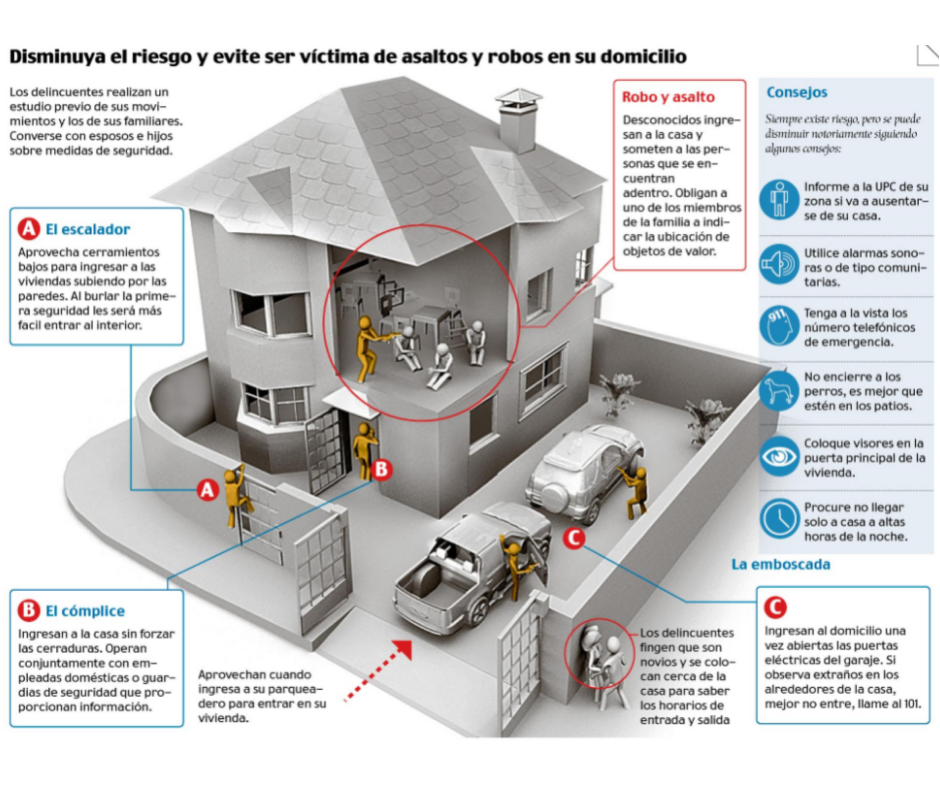
Limit knowledge of upcoming holidays
The fewer people that know you’re going to be absent from your home for a while, the better. I know it’s exciting and tempting to shout your holiday plans from a rooftop, but most break-ins here are very opportunistic.
The sad reality is that you don’t know if one of your neighbors is actually an accomplice. So, be careful which neighbors you trust. But, you’ll likely want to trust your closest neighbors as they will be the most likely to raise any alarm should something go awry whilst you’re away.
Final words
We don’t enjoy writing about incidents like this. In a perfect world, we’d just be bringing you all the positives about life in Cuenca & Ecuador. But, Cuenca is not some sort of crime-free utopia – regardless of how much you and your expat friends want it to be. We believe the public should be made aware of these incidents. Not to fearmonger, but to educate & promote a balanced opinion on life in Cuenca.
This isn’t to suggest you should be paranoid of being ‘scoped’ in Cuenca. Your likelihood of going through an ordeal similar to George is remarkably slim. Just be aware that this does happen and it’s a very timely reminder to take stock of your current security safeguards.

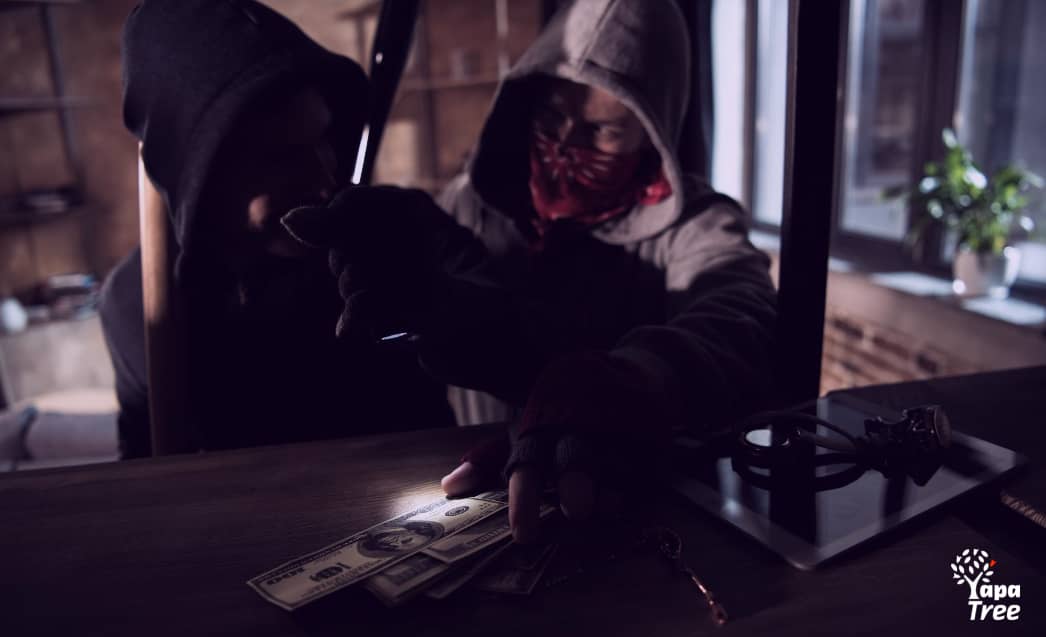



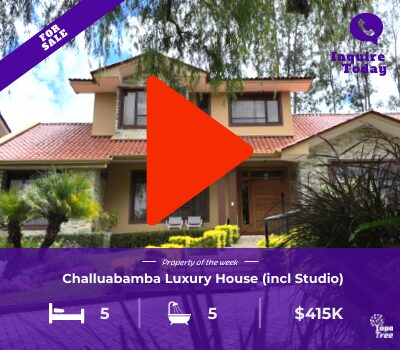





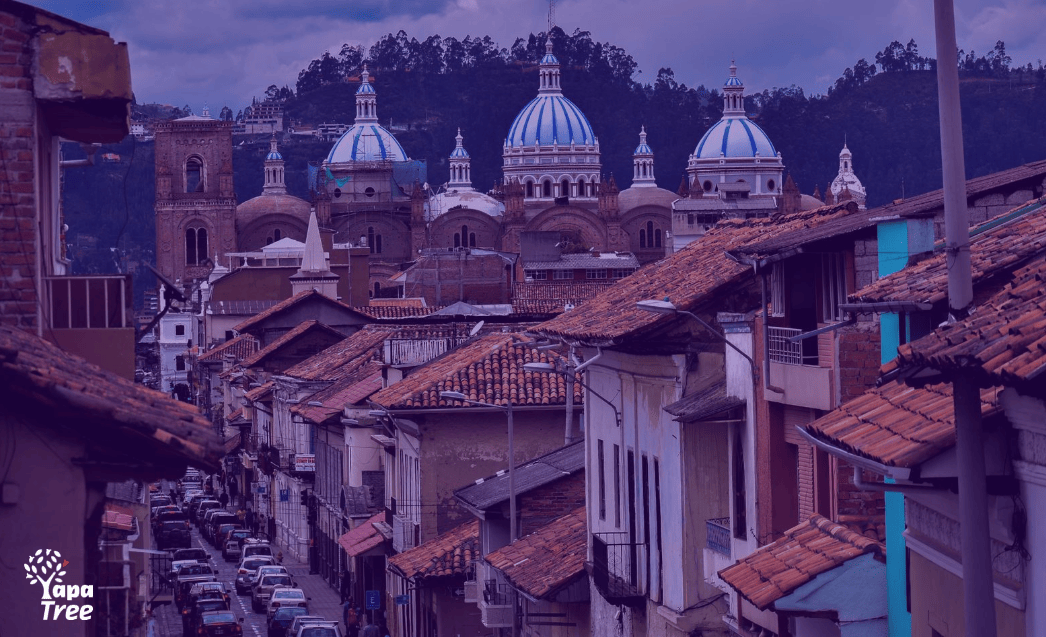
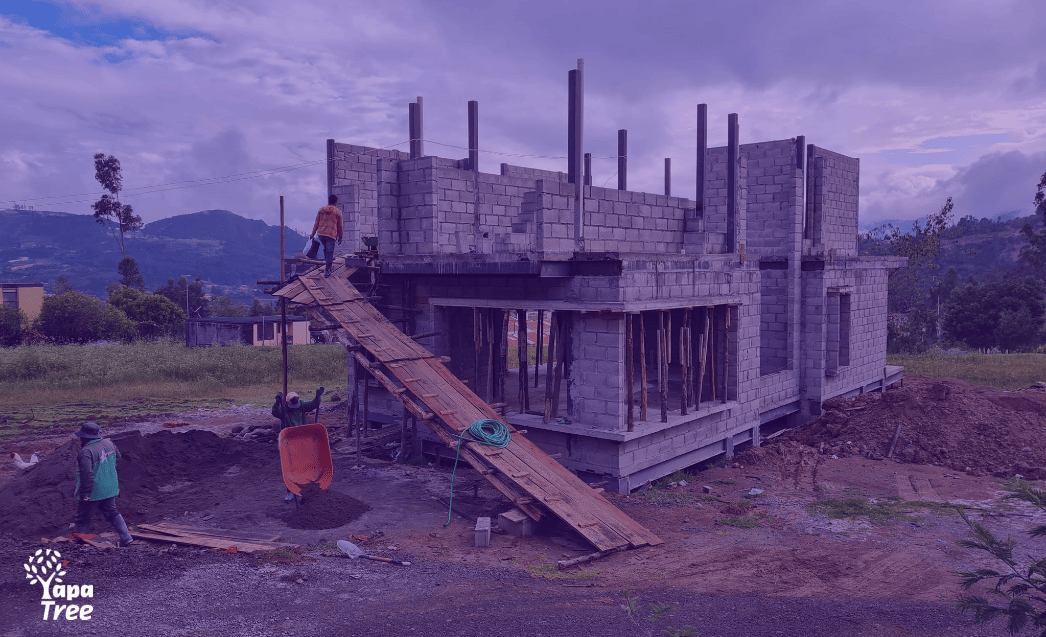

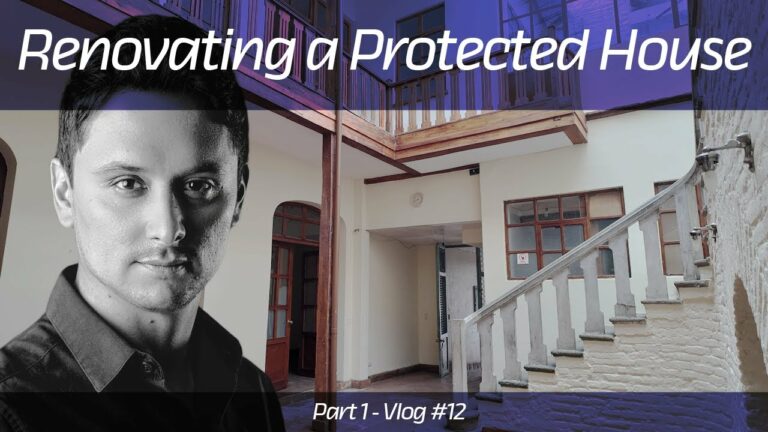
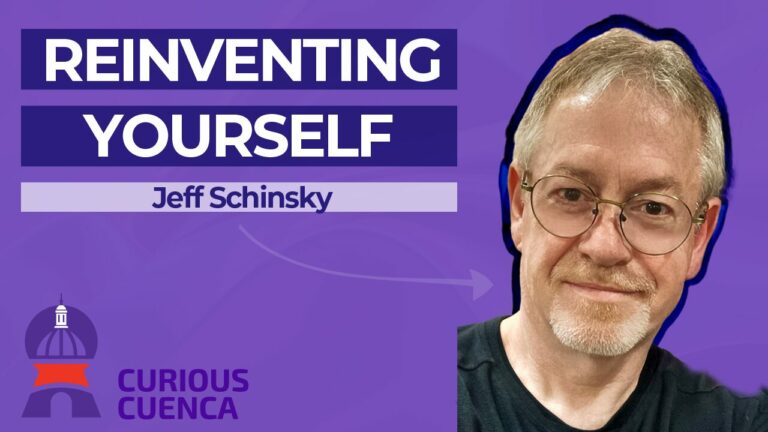
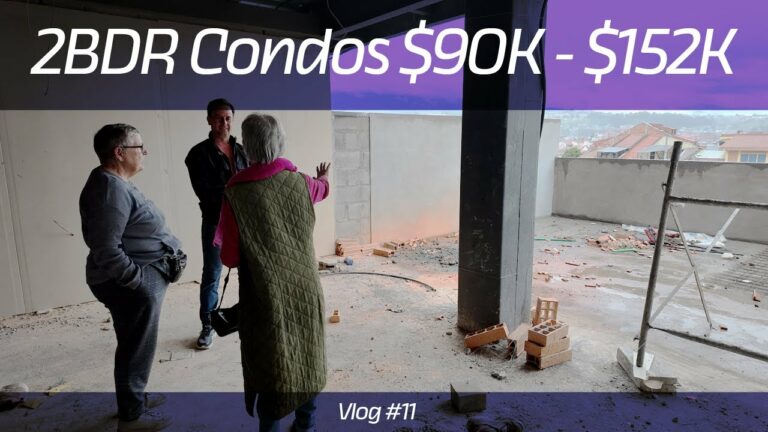

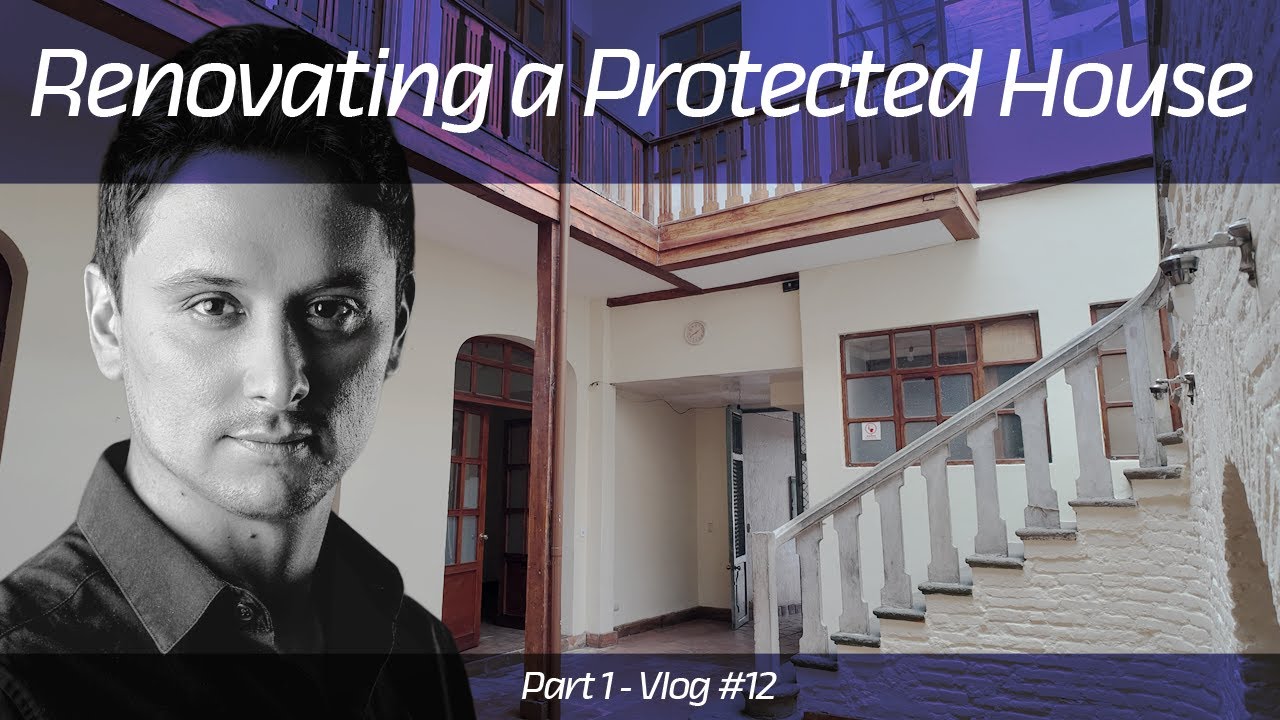
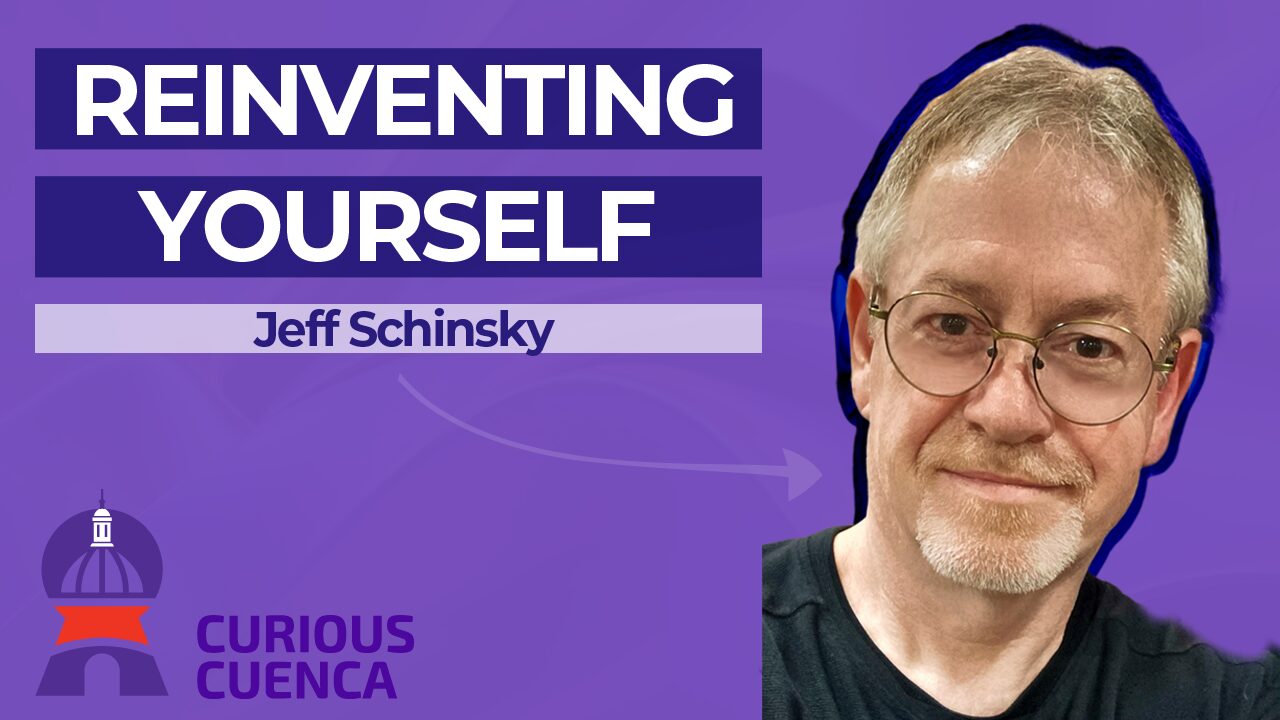
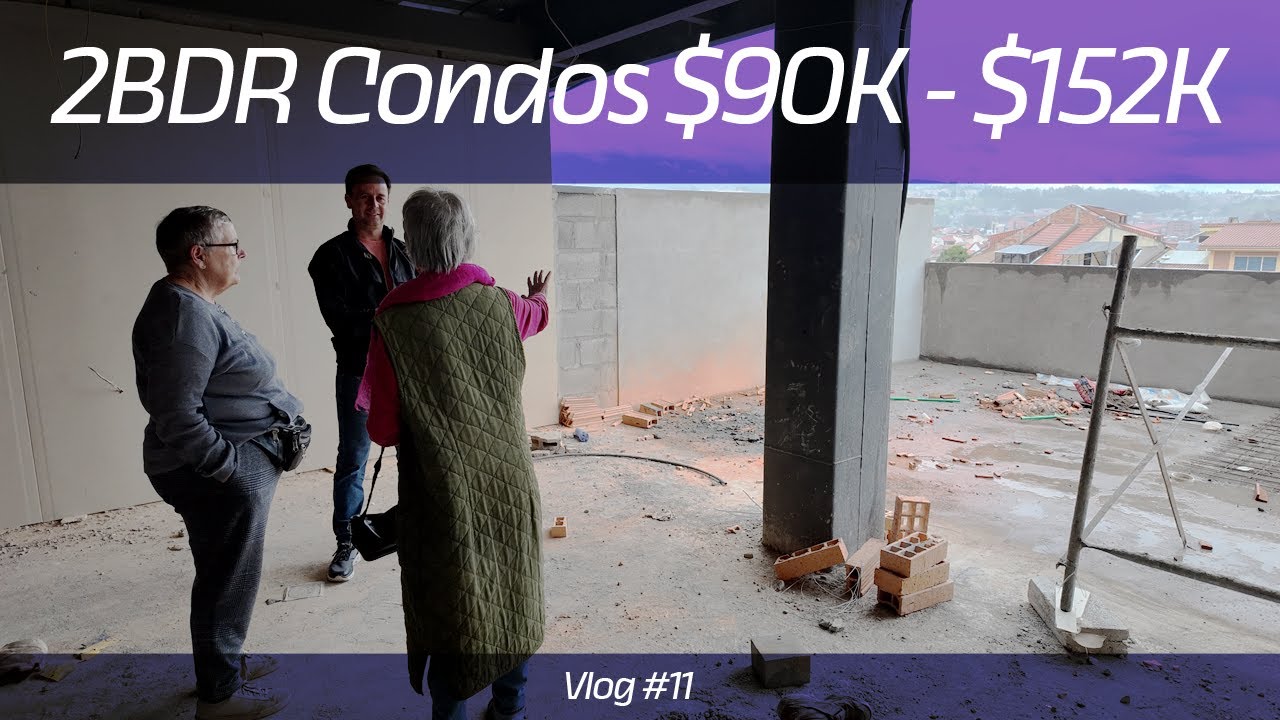
One Response
I was in Vilcabamba last week for a couple of days. My old time friends there told me about a gringo that this happened to a couple of weeks ago. The criminals apparently got away with over $100,000.00 of goods of which a lot of it was gold.